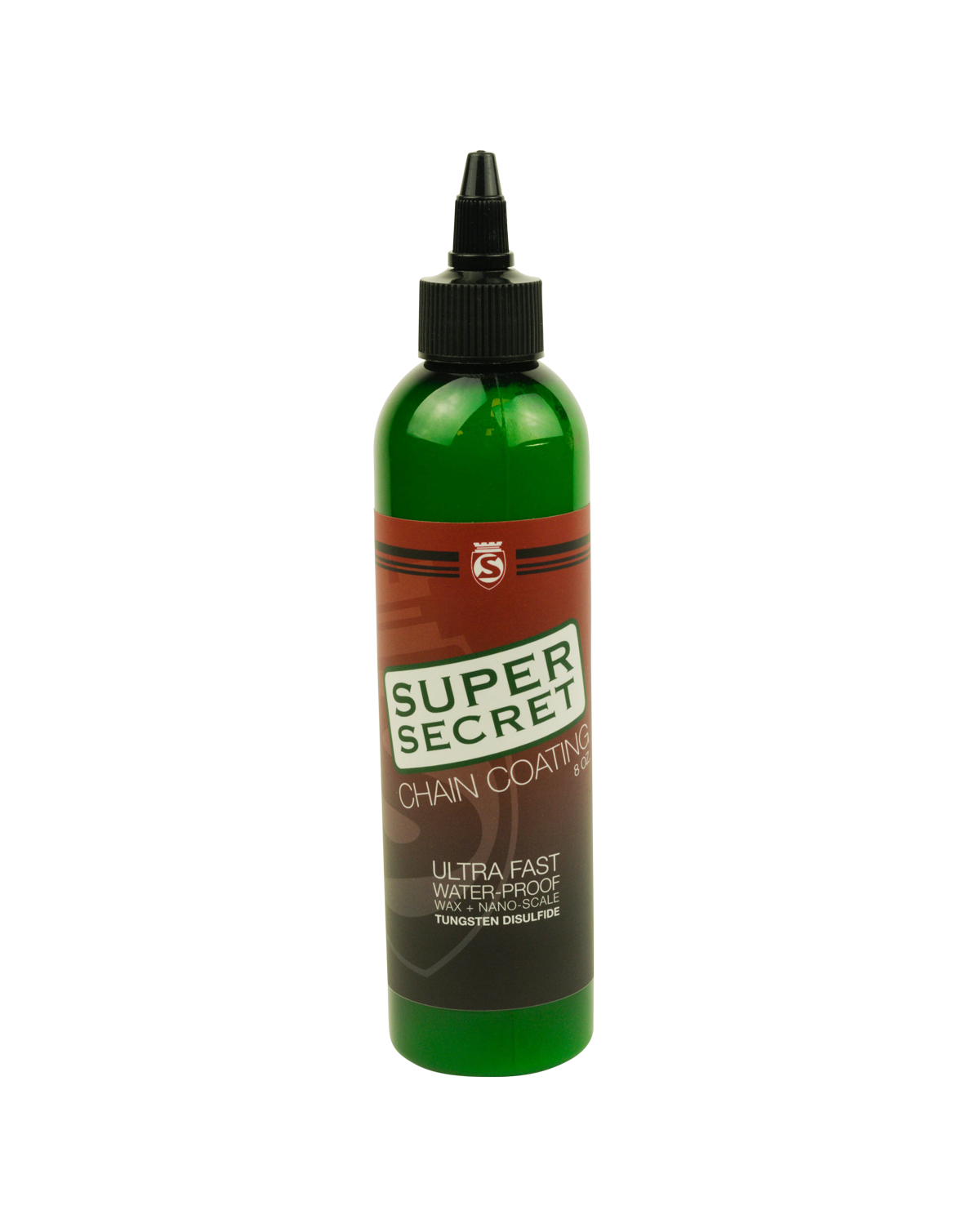When it comes to ensuring the smooth operation of machinery and equipment, the choice of lubricant is critical. Grease and lubricants are both designed to reduce friction between moving parts, but they have different properties and applications. In this article, we’ll delve into the characteristics of grease as a lubricant and discuss when it’s the best choice for your needs.
Why Grease is a Good Lubricant
What is Grease?
Grease is a semi-solid lubricant made by combining oil with a thickening agent, such as lithium or calcium soap. This gives it a higher viscosity compared to liquid lubricants. Grease is known for its excellent adhesion properties, allowing it to stay in place and provide long-lasting lubrication under extreme conditions. To know more: White Vs. Black Lithium Grease
Advantages of Grease
One of the main benefits of grease is its ability to seal out contaminants like dirt and water from the lubrication point. This makes it particularly suitable for applications where equipment operates in harsh environments or is exposed to the elements. Additionally, grease can withstand high temperatures and offers superior load-carrying capabilities, making it effective in high-pressure situations.
Applications of Grease
Grease is commonly used in automotive, industrial, and mechanical applications. It’s ideal for wheel bearings, gears, and other components that require a lubricant to stay in place for an extended period of time. Its thick consistency also means that it doesn’t need to be reapplied as frequently as liquid lubricants.
When to Choose Grease Over Other Lubricants
For general-purpose lubrication or components exposed to harsh conditions, grease is often the better choice. Its viscous nature ensures that the lubricant stays where it’s needed and provides a protective barrier against contaminants.
In summary, grease is an excellent lubricant for specific applications where long-lasting lubrication is required, especially in challenging environments. Its ability to adhere to surfaces and protect against contaminants makes it a reliable choice for many industrial and automotive uses. However, it’s important to consider the specific requirements of your application to determine whether grease or another type of lubricant is the most appropriate choice.
How Does Grease Work?
Grease is a lubricant that plays a crucial role in reducing friction and ensuring the smooth movement of various mechanical parts. It is commonly used in machinery, vehicles, and various other applications where lubrication is required. In this article, we will explore how grease works and its advantages over other lubricants.
Composition and Function
Grease is made up of a thickening agent dispersed in a liquid lubricant. The thickening agent, typically a soap or another type of thickener, gives grease its semi-solid consistency. When applied between moving parts, grease forms a thin layer that prevents direct contact and rubbing of the surfaces. This layer effectively reduces friction and wear, ensuring smooth operation.

Credit: www.amazon.com
Advantages of Grease
One of the key advantages of grease over other lubricants, such as oil, is its ability to stay in place. Grease is designed to retain its properties even under shear forces and the different temperatures it experiences during use. It does not leak out easily, even under the force of gravity, centrifugal action, or pressure. This makes it ideal for applications where the lubricant needs to stay in contact with the moving surfaces for extended periods.
Application and Types of Grease
Grease is typically applied using a grease gun or other appropriate methods. The specific type of grease to be used depends on the application requirements. Different types of grease are available to suit various conditions, including high temperatures, extreme pressures, and specific machinery components. It is essential to follow the manufacturer’s recommendations to ensure optimal performance and longevity.

Credit: silca.cc
Preventing Dry-out and Hardening
While grease is designed to retain its properties, it can dry out or harden over time if not properly maintained. This can occur when the oil separates from the thickener or due to high-temperature volatility. Regular inspection and maintenance procedures help prevent dry-out issues. Re-greasing at recommended intervals and using the correct grease for specific applications are crucial for preventing premature hardening or failure.
Read More: How to Get Motor Oil and Grease Stains Out of Your Clothes?
How to Clean Grease and Oil Off an Engine?
Final Verdict
Grease is a vital component in ensuring smooth movement and reducing friction in mechanical systems. Its ability to stay in place and withstand shear forces makes it highly effective in various applications. By understanding how grease works and following proper maintenance practices, you can maximize the performance and longevity of your machinery and equipment.


